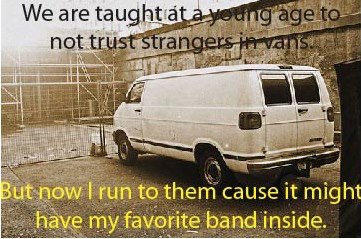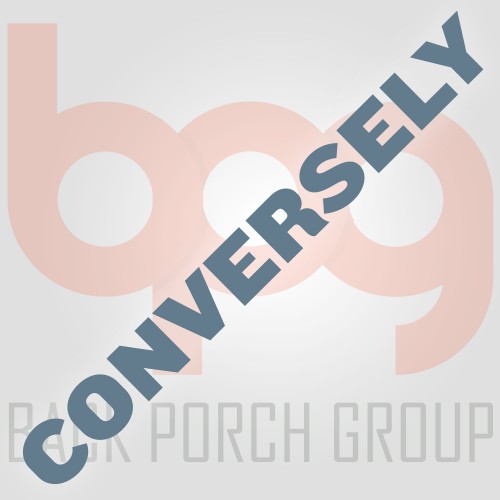As of January of 2013 I have been involved in the music business for 33 years. That’s a long time. I have been fortunate to work in small companies like Ronnie Milsap’s publishing company in the eighties and, on the other end of the spectrum, Disney for a very, very long time. I have worked with unknowns and superstars. I’ve worked in pop, rock, country, and Christian. I have worked on my share of extreme flops and a few notable successes. I’m a regular working music guy, nothing fancy or glamorous. I was in the trenches. I had to show a profit. I had to do presentations to finance people. I had to do balance sheets and ROIs.
What I learned from all the time and experience is singular: it’s never about the money. I hate to hear songwriters and artists say, “Well, it’s called the music business.” For God’s sake, you guys aren’t middle management at Sony! You’re artists!
Why did most of the memorable music stop being made in the 90s? Because we changed something.
We changed the way you got CASH.
We made a radical change from royalties to advances. Music attorneys had spent years trying to make a living on hourly charges to five alcoholics that lived in a van off Sunset (the band). The collection process was dicey at best. So they (the lawyers) went to their cousins and brothers-in-law at the labels (the weasels) and started the process of front-loading record deals. If they did this they could get 5% of the six- to seven-figure advance upfront. It was genius for the lawyers and easy for the A&R guys. By the end of the era, a standard “bidding war” record deal was $1MM and a band pub deal was over $300K.
This filled Los Angeles with flashy sports cars and cocaine, but created a financial meltdown for hundreds of new business startups (the band), who were now saddled with $1.3 million in debt before they had recorded a note. We had moved the payoff from after accomplishment to before accomplishment and the implications are still being felt today (not unlike the internet bubble, but that’s my next post).
Until this thing got out of hand, we would give advances that were roughly based on how much you needed to quit waiting tables. By the time I was head of creative at Disney, all deals were based on who gave you the biggest advance, and only lip service was paid to the idea of working with the person who was most passionate about your music.
I will be writing further about advances until I’m blocked by the NSA (or the NSAI), but I think we may have had it right before advances were considered your artistic entitlement.
Speaking of artistic entitlement, here’s today’s quiz: What do I mean when I talk about “the flashlight?”




